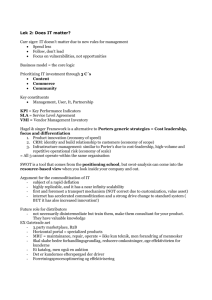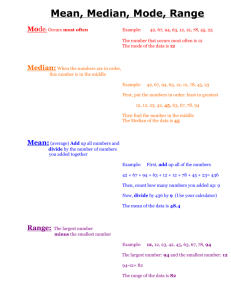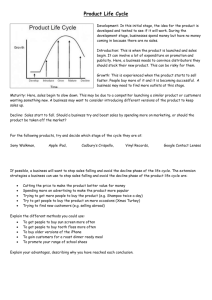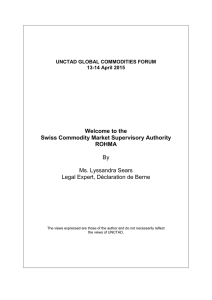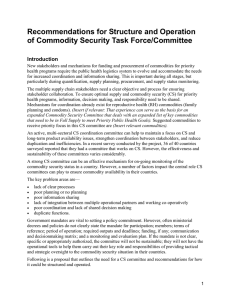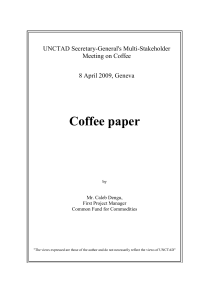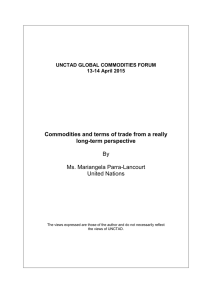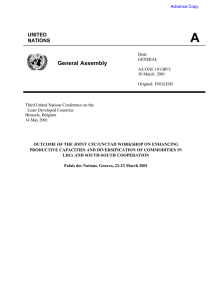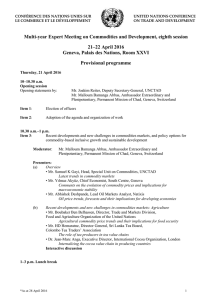Weak Commodities Hinders 2015 Forecast
advertisement
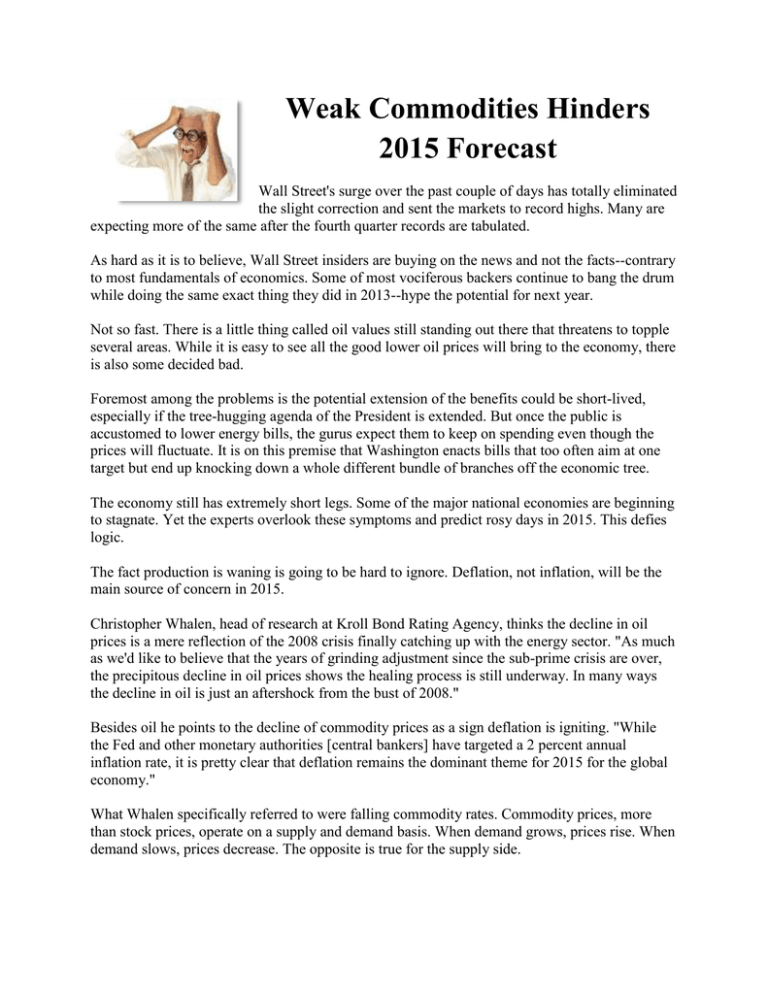
Weak Commodities Hinders 2015 Forecast Wall Street's surge over the past couple of days has totally eliminated the slight correction and sent the markets to record highs. Many are expecting more of the same after the fourth quarter records are tabulated. As hard as it is to believe, Wall Street insiders are buying on the news and not the facts--contrary to most fundamentals of economics. Some of most vociferous backers continue to bang the drum while doing the same exact thing they did in 2013--hype the potential for next year. Not so fast. There is a little thing called oil values still standing out there that threatens to topple several areas. While it is easy to see all the good lower oil prices will bring to the economy, there is also some decided bad. Foremost among the problems is the potential extension of the benefits could be short-lived, especially if the tree-hugging agenda of the President is extended. But once the public is accustomed to lower energy bills, the gurus expect them to keep on spending even though the prices will fluctuate. It is on this premise that Washington enacts bills that too often aim at one target but end up knocking down a whole different bundle of branches off the economic tree. The economy still has extremely short legs. Some of the major national economies are beginning to stagnate. Yet the experts overlook these symptoms and predict rosy days in 2015. This defies logic. The fact production is waning is going to be hard to ignore. Deflation, not inflation, will be the main source of concern in 2015. Christopher Whalen, head of research at Kroll Bond Rating Agency, thinks the decline in oil prices is a mere reflection of the 2008 crisis finally catching up with the energy sector. "As much as we'd like to believe that the years of grinding adjustment since the sub-prime crisis are over, the precipitous decline in oil prices shows the healing process is still underway. In many ways the decline in oil is just an aftershock from the bust of 2008." Besides oil he points to the decline of commodity prices as a sign deflation is igniting. "While the Fed and other monetary authorities [central bankers] have targeted a 2 percent annual inflation rate, it is pretty clear that deflation remains the dominant theme for 2015 for the global economy." What Whalen specifically referred to were falling commodity rates. Commodity prices, more than stock prices, operate on a supply and demand basis. When demand grows, prices rise. When demand slows, prices decrease. The opposite is true for the supply side. But the majority of commodities fall into the must have category for human population. Let's face it, we need food and energy to survive. Commodities are showing a very weak demand. In the 12 months ending November consumer prices rose at a modest 1.4 percent. Politicians jump all over those numbers, trying to prove the success of the policies they have enacted or ordered. But full-time jobs are still elusive, workforce participation continues to drop personal income for the average American remains flat even while DC tries to alter the number base by using the average rather than the median. The difference, subtle as it is, is devastating to those hoping for an American economic growth. The median is the halfway point and, for the majority whose wages are relatively flat, is skewed by the income growth of those on top. Taking the average wage per capita and American's income is still trailing the 2007 levels even though the median wage is now higher than it was. The basic problem for those who want to see economic growth behind every windmill or solar panel, is fundamental. They want to refute fossil fuels and go green. Yet with fossil fuel costs dropping, the alternative green energy just crushes any economic endeavor reliant on a higher basic production cost. At this time, regulation could stifle whatever gleam of hope one might wish to see at the end of the recession tunnel. Betting on the rigidity of the tree-huggers' adherence to their form of energy consumption, you'd probably be better off betting against the economists who expect halcyon times in 2015. "I have sworn on the altar of God eternal hostility to every form of tyranny over the mind of man."--Thomas Jefferson



